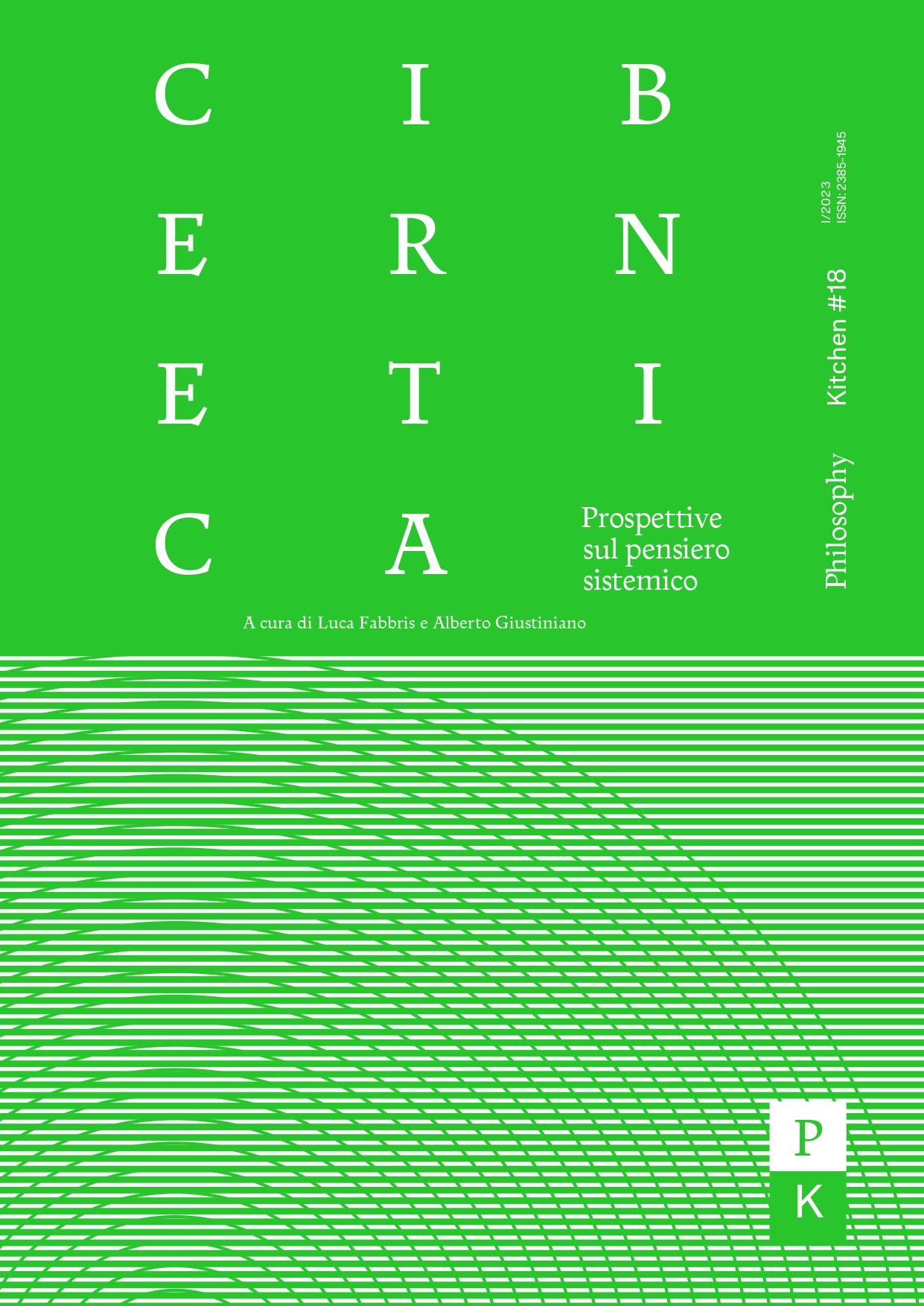Sociologia dei mezzi di comunicazione. Considerazioni per una teoria generale
DOI:
https://doi.org/10.13135/2385-1945/7841Abstract
Despite the enormous amount of publications on the subject, sociology has not yet succeeded in providing a clear and unified definition of communication media. Drawing on Niklas Luhmann’s systems theory, which distinguishes different types of media according to the threshold of improbability they must cross (understanding, reaching distant addressees, acceptance), and taking up contributions from different disciplines (Fritz Heider’s psychology, Heinz von Foerster’s cybernetics, and George Spencer Brown’s calculus), this article aims to show that it is possible to approach a unified definition of medium. If by medium we mean a potential in which forms can be imprinted, then it is necessary to distinguish between operational and observational media. The former, corresponding to communication technologies, condition the way Ego and Alter Ego participate in communication, combining, loosely or tightly, information, utterance and understanding. Observational media, on the other hand, enable the construction of reality in its various forms and are specific especially (but not only) to the subsystems of modern society (power, money, scientific truth, etc.).






